Amid the crazy quilt of billionaires, Republican insiders and retired generals who are populating president-elect Donald J Trump’s emerging cabinet, the Gulf states and other US Middle East allies are among the few outside of his core supporters with something real to cheer about already: his choice for secretary of defence, retired Gen James Mattis.
On domestic policy, many of Mr Trump’s choices thus far run the gamut from preposterous to alarming. However, the selection of Gen Mattis opens the prospect for a serious and purposeful US foreign policy in the Middle East in the next administration.
Gen Mattis, whose nickname is “Mad Dog”, developed a reputation at the Pentagon under Barack Obama of both exceptional competence and relative hawkishness towards traditional American adversaries such as Iran and, unlike Mr Trump, crucially, Russia.
Indeed, apparently Mr Obama’s administration cut short his tour at the head of US Central Command, the primary American military establishment for the Middle East, because his hardline views on Tehran’s incorrigible bad behaviour didn’t mix well with efforts to negotiate the nuclear agreement and a hoped-for, but unrealised and apparently unrealisable, broader rapprochement.
This, of course, will come as welcome news to the Gulf states, which have felt abandoned by Washington in recent years in the face of an ascendant Iran. The idea that one of the more combative, as well as competent, US generals will now be leading the Pentagon speaks to a desire to reverse the general course of US foreign policy under Mr Obama, globally, but especially in the Middle East.
The Obama approach has been, basically, to seek reconciliation with old enemies, build new bridges and present an open hand. He represents that trend in American foreign policy since the Second World War that has sought to reassure the international community of Washington’s good intentions and downplay any sense of Yankee imperialism.
Nobody knows what to expect from Mr Trump’s foreign policy, and until he nominates the secretary of state, a process that is taking both far too long and far too theatrical a turn, that will still be an open question. Even then, many specifics will remain unanswered.
However, with Gen Mattis at the Pentagon, it’s hard to imagine that Mr Trump’s nativism and so-called “America-first” approach won’t have a strong internationalist component to it. It’s by no means certain, but seems increasingly likely, that Mr Trump will represent that other great wing of American foreign policy, the assertive and aggressive Washington that frustrates allies when it is there but that they tend to miss badly when it is gone.
Gen Mattis is by no means a hawk in the manner of the George W Bush administration, or a neoconservative. But he is a believer in “peace through strength” and the aggressive forward deployment of American forces in areas such as the Middle East and the Gulf to deter potential adversaries from mischief.
This should greatly reassure the Gulf states. They are still coping with the fallout from the hubristic excesses of the Bush era, mainly the invasion of Iraq, but would generally like a stronger American presence in the region and more cooperation with Washington’s traditional allies.
This is precisely what Gen Mattis advocates, and to that end he resisted any military “pivot to Asia” during the Obama years and continues to advocate a strong US presence in the Middle East.
And much as he disliked the nuclear deal with Iran, Gen Mattis now takes the same view that the Gulf states do: that the United States should work with its allies in the international community to vigorously enforce the agreement rather than simply abrogating it, which would play directly into the hands of Iran’s hardliners.
Another important advantage of having Gen Mattis at the Pentagon is that he, perhaps alone, in the administration that has taken shape thus far, would be flatly and confidently able to tell Mr Trump precisely what military ideas are implausible or unworkable and which are worth pursuing. It’s hard to imagine his somewhat paranoid and fanciful proposed national security adviser, retired Gen Michael Flynn, playing the same role. Indeed, it’s much easier to imagine Gen Flynn simply endorsing any flight of fancy that Mr Trump may concoct. Gen Mattis is made of sterner stuff.
Nevertheless, having a recently retired general undermines the principle of civilian control of the military and Gen Mattis will require a congressional dispensation to serve. This should be a rare exception to an important rule.
George Marshall, the first American secretary of defence under Harry Truman, received such a dispensation from Congress. Every now and then one is necessary. If the United States, and certainly its Gulf allies, ever needed someone as hard-nosed and serious as Gen Mattis in the Pentagon, it’s definitely now.
This article was originally published by The National.
The views represented herein are the author's or speaker's own and do not necessarily reflect the views of AGSI, its staff, or its board of directors.

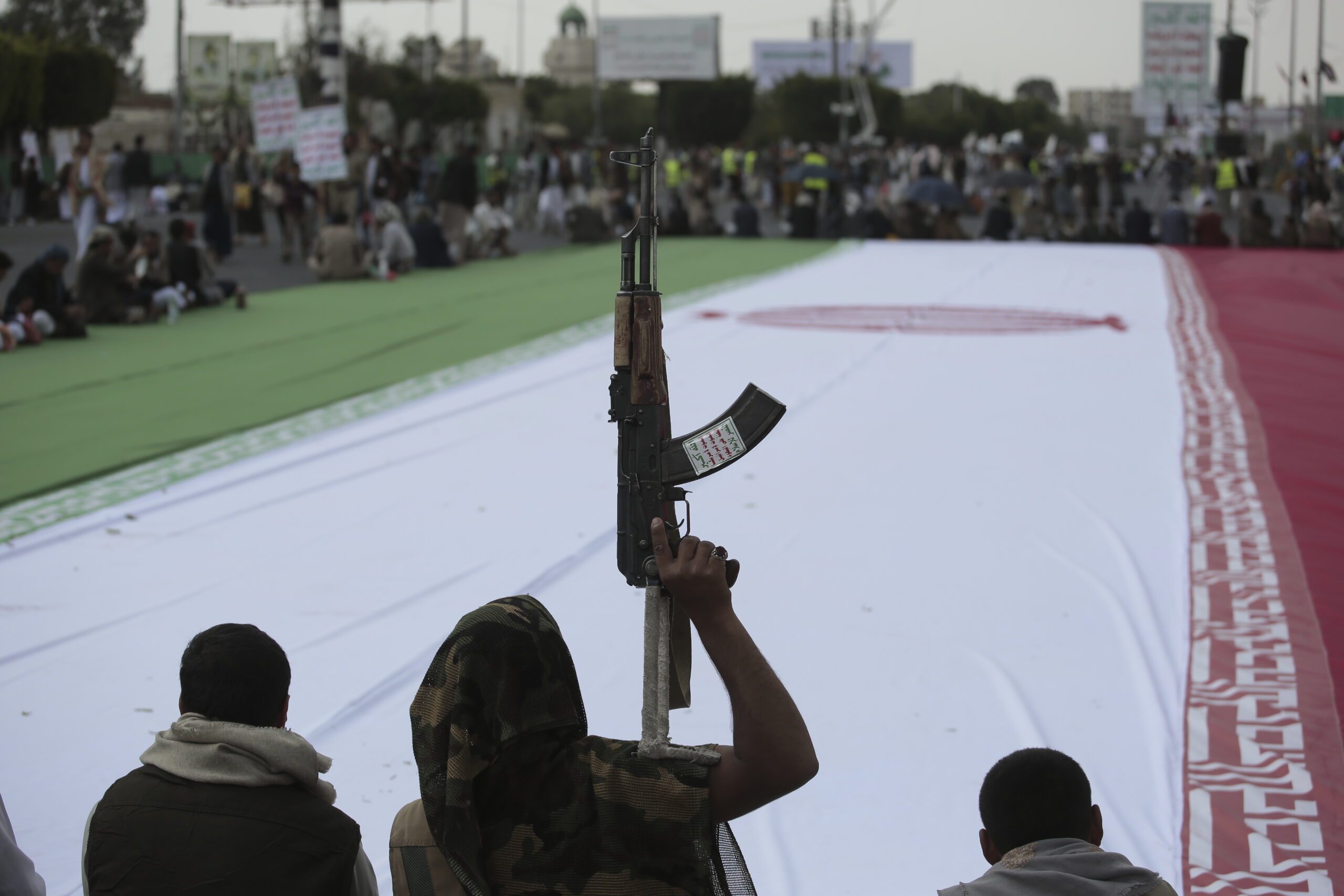

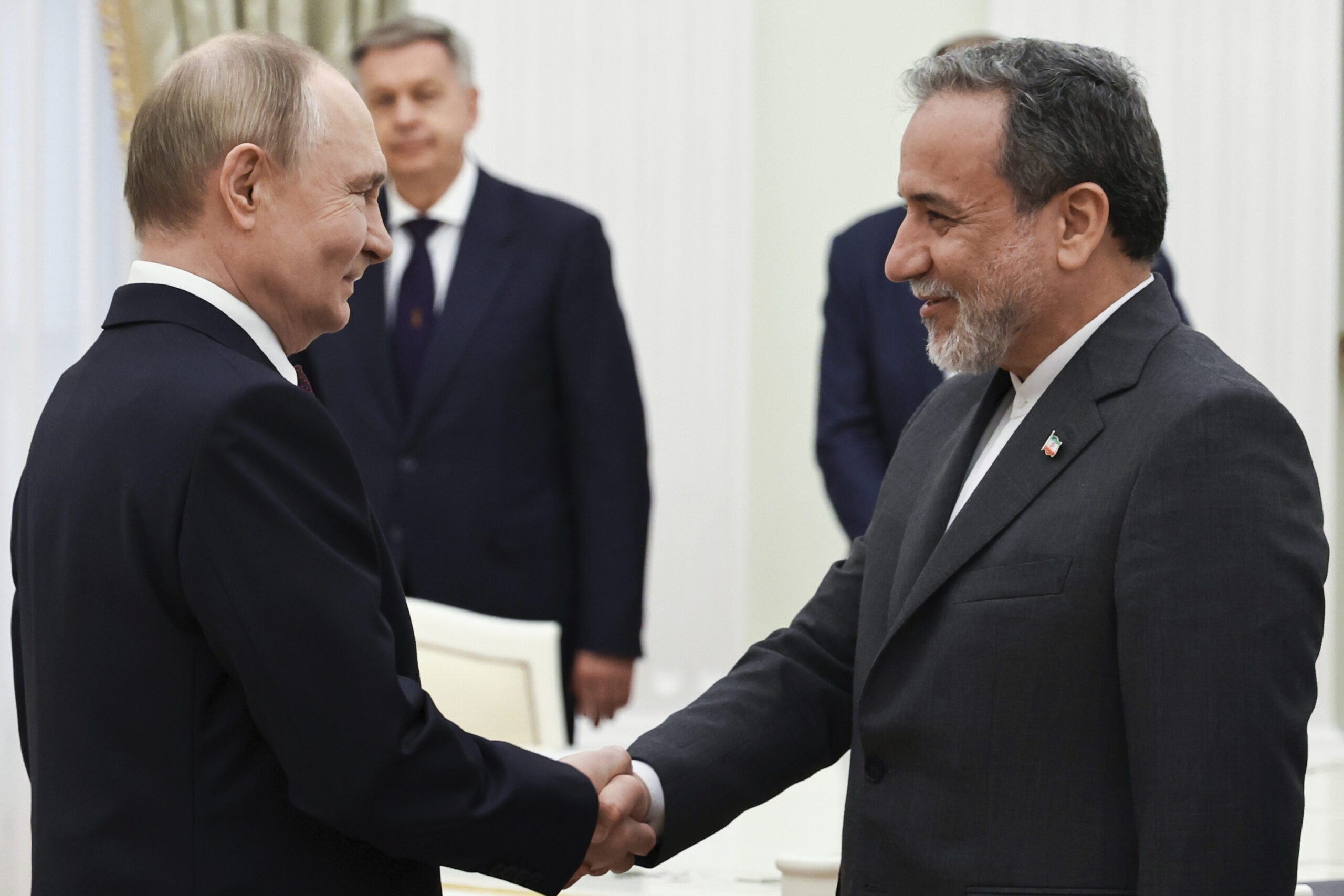

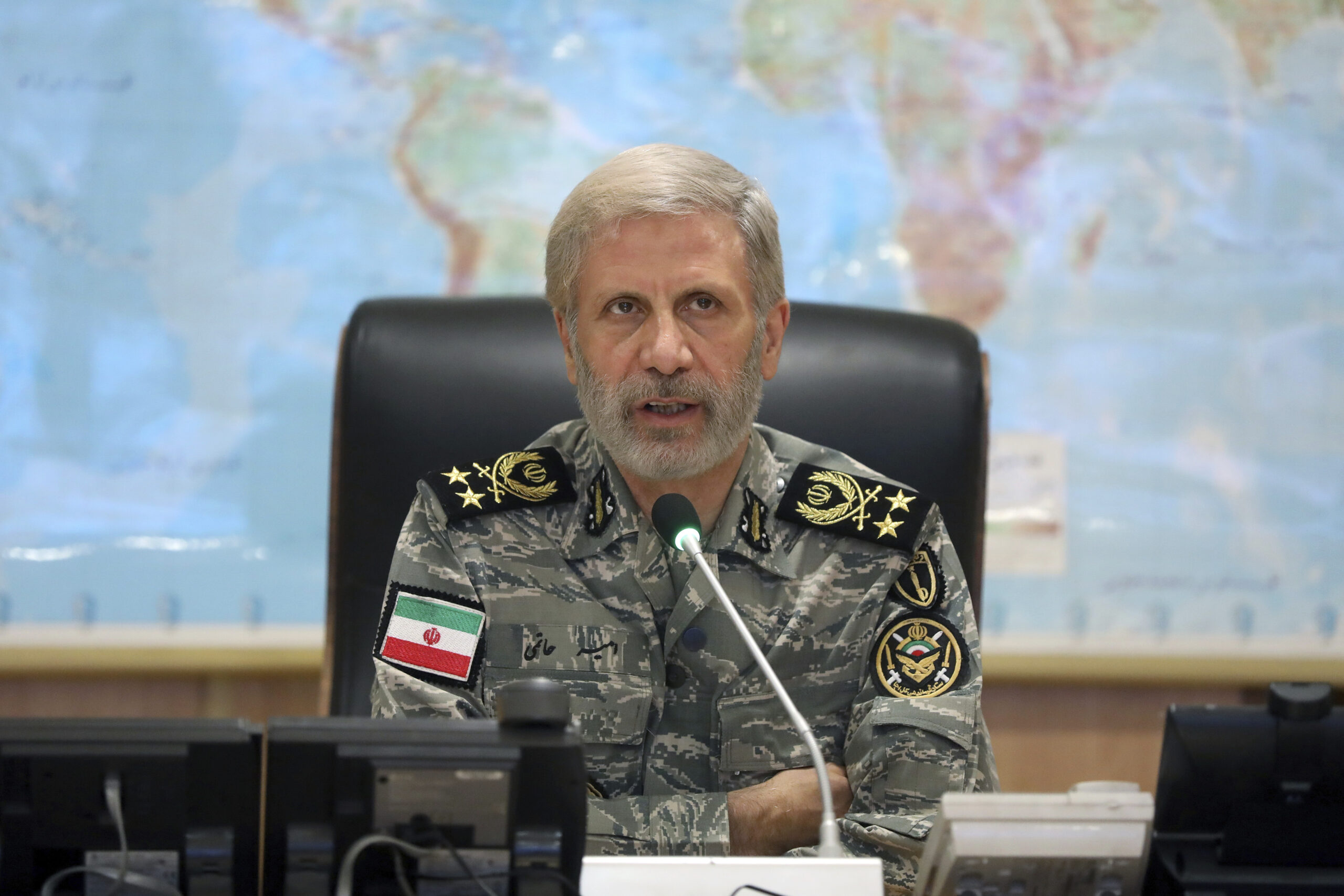

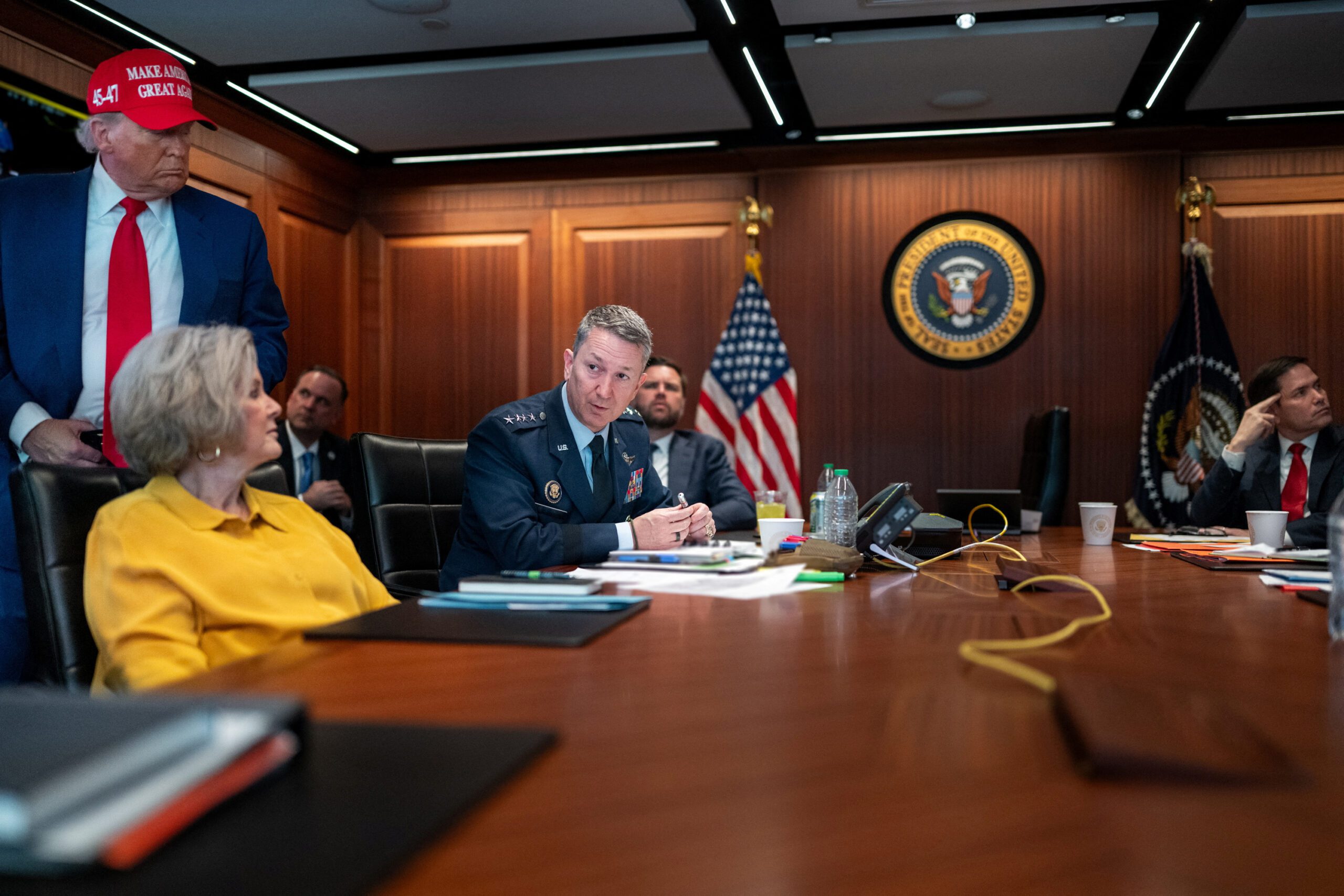
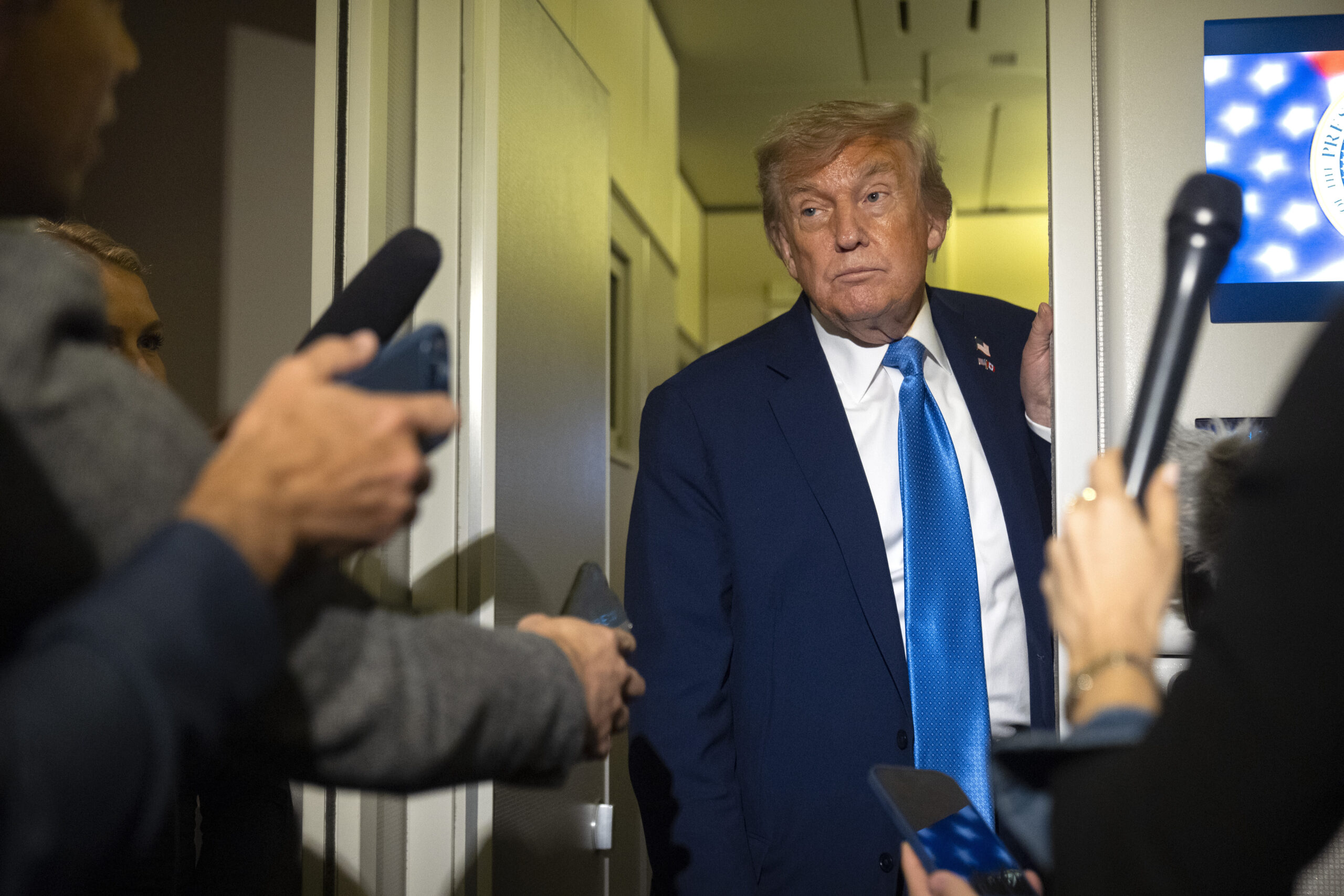















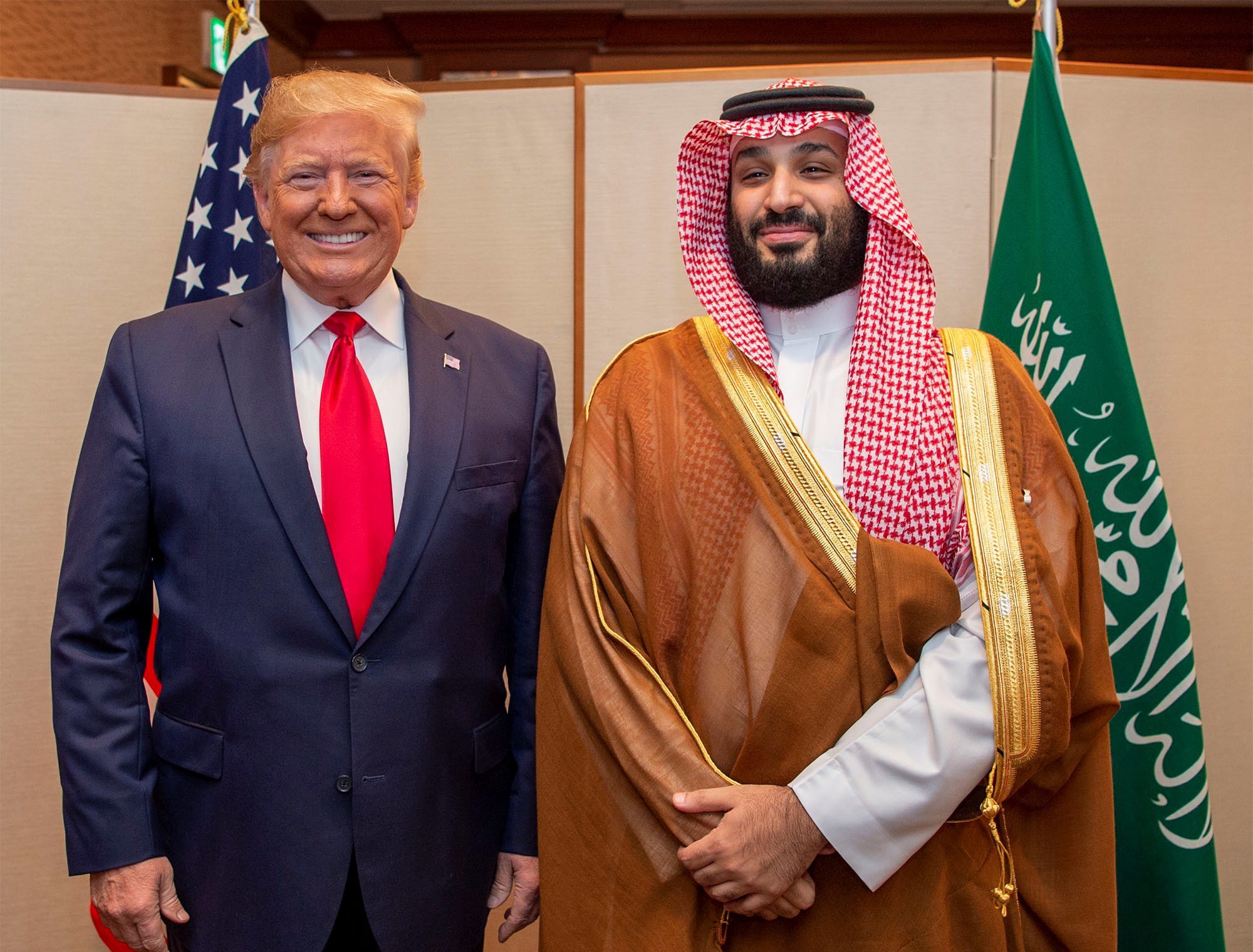

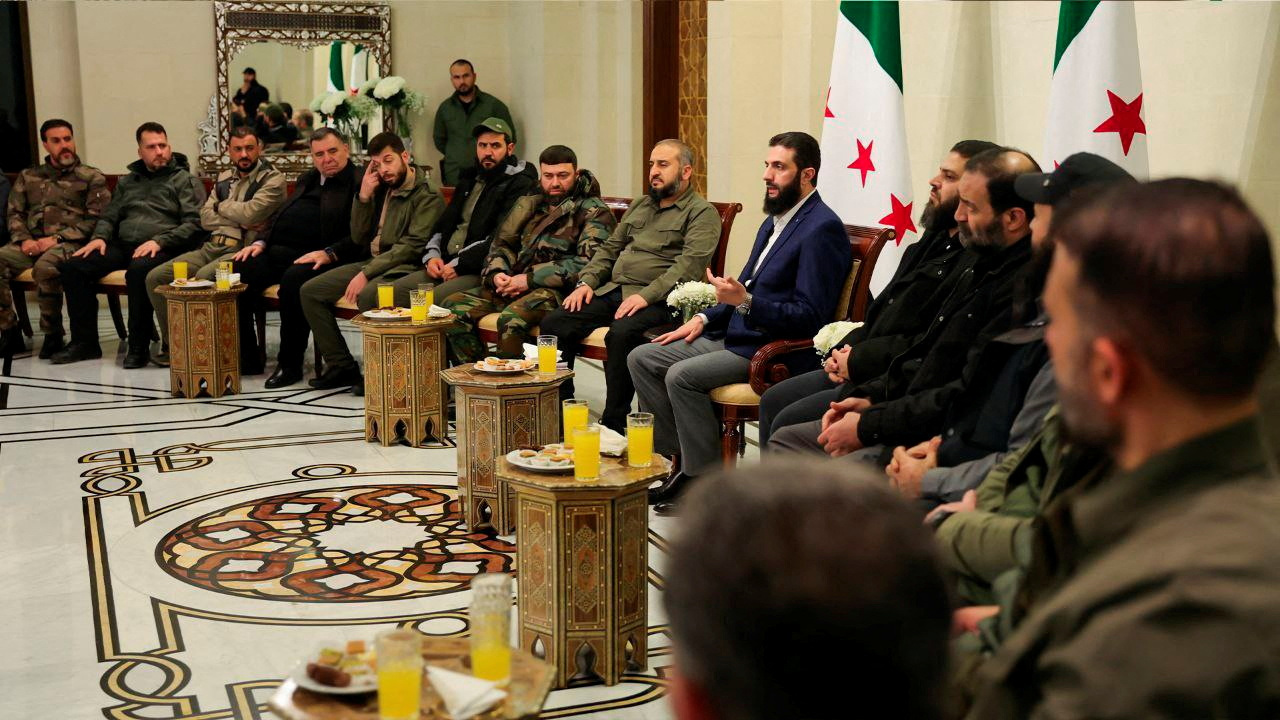


Dec 12, 2016
Why James Mattis Should Be Welcomed by the Gulf
Amid the crazy quilt of billionaires, Republican insiders and retired generals who are populating president-elect Donald J Trump’s emerging cabinet, the Gulf states and other US Middle East allies are among the few outside of his core supporters with something real to cheer about already: his choice for secretary of defence, retired Gen James Mattis....
4 min read